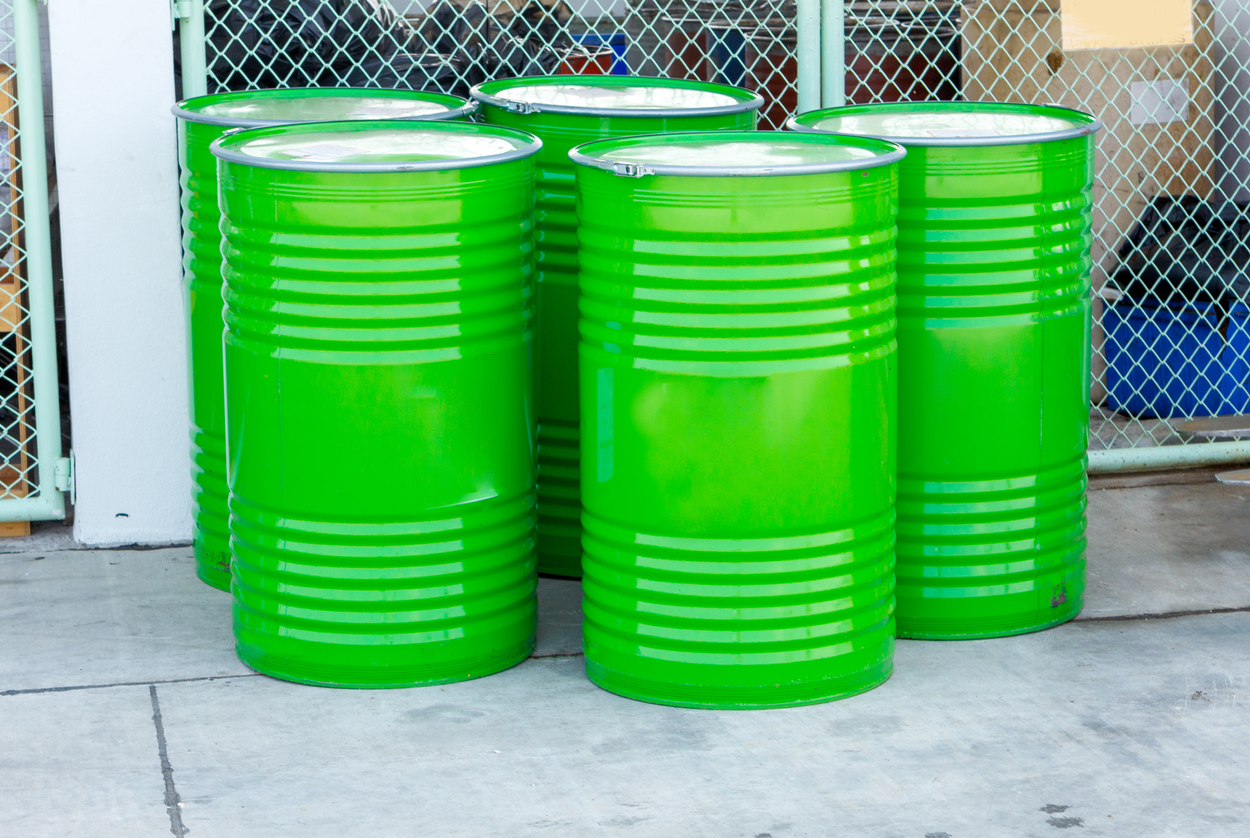March 27, 2025
Properly identifying and managing hazardous waste is essential for safety, compliance, and environmental protection. One of the first distinctions businesses must make is whether their waste is classified as RCRA hazardous waste or non-RCRA waste. Understanding this difference is key to ensuring your facility follows the right handling, storage, and disposal procedures.

RCRA hazardous waste is waste that falls under the Resource Conservation and Recovery Act (RCRA), a federal law managed by the Environmental Protection Agency (EPA). This law outlines how hazardous waste must be identified, stored, transported, and disposed of.
Waste is classified as RCRA hazardous if it meets specific criteria, such as ignitability, corrosivity, reactivity, or toxicity. Additionally, certain substances are listed explicitly by the EPA on the F, K, P, or U lists. RCRA hazardous waste must be handled through a compliant RCRA hazardous waste management program, including labeling, manifesting, and using permitted disposal facilities.
Proper RCRA hazardous waste disposal helps prevent environmental harm and ensures businesses avoid costly fines for non-compliance.
Non-RCRA waste, sometimes referred to as non-RCRA hazardous waste or non-RCRA regulated waste, does not meet the criteria to be federally regulated under RCRA but may still pose environmental or health risks. These wastes are often regulated at the state level and can include materials like used oil, certain industrial sludges, antifreeze, or wastewater treatment residues.
Though not subject to the same federal requirements, non-RCRA waste still needs proper handling and disposal to avoid violations of state environmental laws. Businesses must understand the distinction and not assume that just because a waste is "non-RCRA," it's exempt from regulation.
For a closer look at waste that is exempt from federal classification, check out our guide to RCRA Exempt Waste.
Misclassifying waste can lead to incorrect disposal practices, legal issues, and environmental harm. Both RCRA hazardous waste and non-RCRA hazardous waste must be managed responsibly. While RCRA waste demands strict federal oversight, non-RCRA waste may still require specialized handling, documentation, and disposal based on local and state regulations.
To better understand what may fall outside of RCRA classification but still needs management, read our blog on Non-Hazardous Waste Management & Disposal.
Navigating hazardous waste classifications and regulations can be complex. Whether you're dealing with RCRA hazardous waste disposal or managing non-RCRA regulated waste, having an experienced environmental services partner is essential.
TransChem Environmental specializes in both RCRA and non-RCRA waste solutions. Our team provides expert guidance, compliance support, and certified waste removal services tailored to your business needs. When it comes to safety, compliance, and environmental responsibility, TransChem is the right choice for the job. Learn more about their Chemical & Hazardous Waste Removal Services to ensure your waste is handled properly from start to finish.